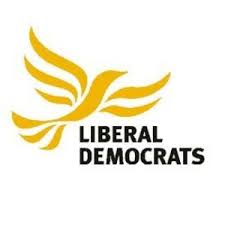
Where next for the Liberal Democrats?
Labour’s predicament is difficult, but it is the Liberal Democrats who face an existential crisis. What then should the Lib Dems do next? The overriding priority must be to restore trust in the party.
The general election results marked a damaging setback for Labour and a brutal defeat for the Liberal Democrats. In 2010, patterns of tactical voting which had built up over twenty years helped both parties retain enough marginals to deny David Cameron a majority. This time round, the firewalldisintegrated. Labour made a net gain of just two from the Conservatives, whilst the Liberal Democrats collapsed in suburban England and their south-western heartlands as the centre-left vote fragmented and centre-right voters moved over to the Tories. The SNP landslide in Scotland completed the rout.
It was difficult for both parties to fight against the ‘fear factor’ whipped up by the press and the huge amount of direct mail which the Conservatives poured into target seats, but there were also significant self-inflicted wounds. Not only did the Liberal Democrats alienate left-leaning voters by entering the coalition, but its leaders did as much as David Cameron and George Osborne to brand Labour as spendthrift and irresponsible – Nick Clegg by playing up the comparison between the UK and Greece, David Laws by brandishing the now-notorious note from Liam Byrne. By crediting the Tories with a ‘head’ and Labour with a ‘heart’, the party’s election campaign stoked fears of Labour and helped drive swing voters to the Conservatives. Worse, Nick Clegg’s insistence that a hung parliament was inevitable – in line with the pundits and the published polls – fostered complacency on the left and exacerbated tactical unwind.










